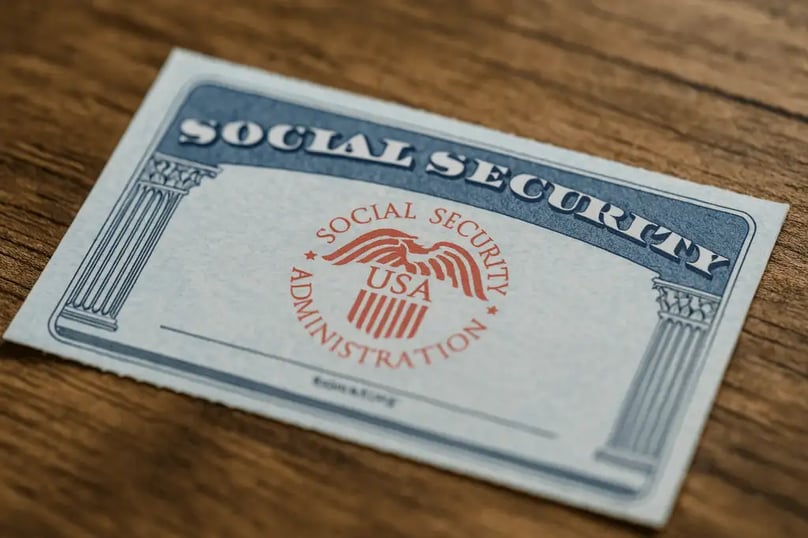Health care expenses for retirees are surging at a pace which significantly overruns the annual cost-of-living adjustments (COLA) provided by Social Security. Each year, the Social Security Administration adjusts the benefits for recipients in response to inflation. It is anticipated by The Senior Citizens League that the COLA for Social Security in 2026 will be 2.7%. However, the standard premiums for Medicare Part B are likely to inflate by 11.6% in the following year, thereby nullifying most or even all of the COLA due to the burden of healthcare costs.
Increased COLA invariably benefits retirees, but if it cannot keep up with escalating other costs, it won't really assist those who need it the most. Medicare Part B and D premiums, in conjunction with cost sharing, account for nearly 25% of average monthly Social Security benefits, as per Nancy Ochieng, a senior policy analyst concerned with Medicare policy. Notably, out-of-pocket healthcare expenditure takes up a bulk of the income for many depending on Medicare.
Unfortunately, COLAs have been trailing behind the living expenses for seniors since a long time. Between 2010 to 2024, while COLAs boosted Social Security benefits by 58%, inflation shot up seniors' expenses by a striking 73%, based on research by The Senior Citizens League.
As stated by Ochieng, in 2024 itself, over 7 million beneficiaries of Medicare spent more than 10% of their earnings solely on Part B premiums. This underlines the potential burden of Part B premiums for numerous Medicare beneficiaries who already survive on relatively low incomes, and possess limited financial resources to cater to expensive medical care or services not covered by Medicare.
The program of Medicare extends crucial healthcare coverage to almost 69 million beneficiaries. But the costs associated with the program and health care overall can be hefty for older adults, especially those relying on fixed incomes post retirement. According to a July report from Fidelity, a 65-year-old who retires in 2025 can anticipate to dispense an average amount of $172,500 on healthcare and medical expenses throughout their retirement. Remarkably, Medicare Part B and Part D premiums account for as much as 44% of these expenses.

